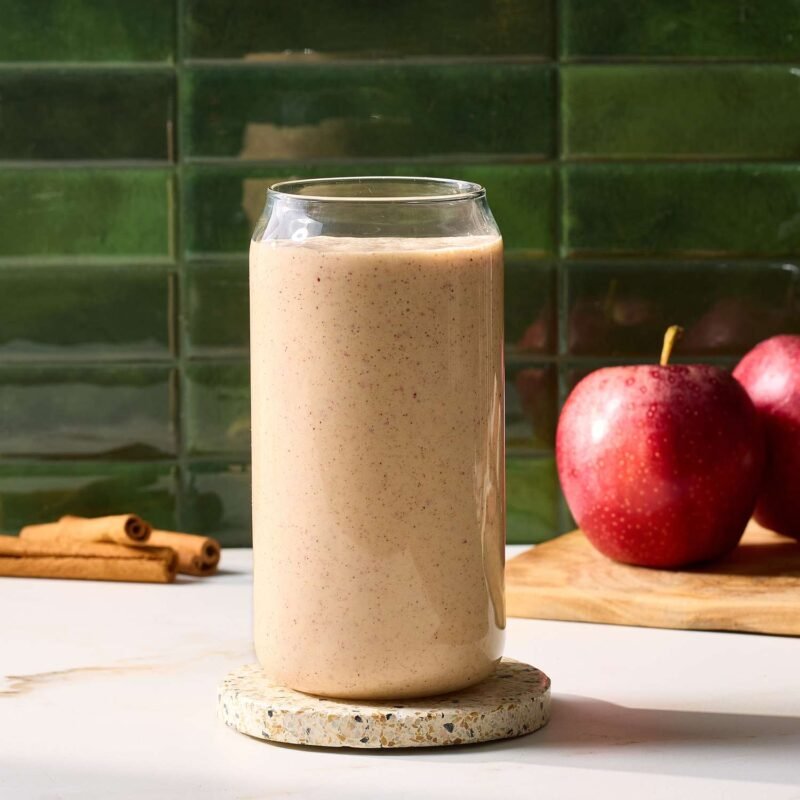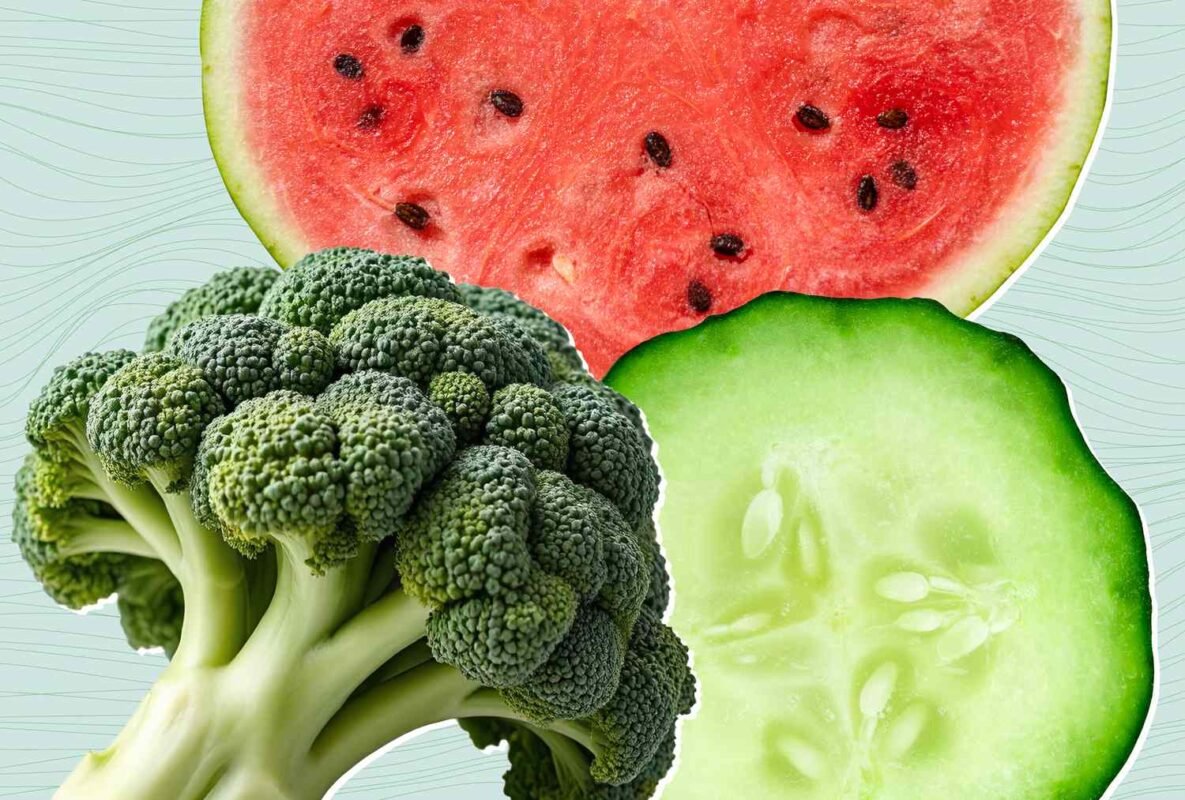Events
The #1 Drink for Weight Loss, Recommended by a Dietitian

- Green tea is a great drink to support weight loss goals.
- It helps reduce added sugar intake when replacing sugary drinks.
- Green tea’s catechins and caffeine may support your metabolism.
From lemon water to apple-cider vinegar shots, there are endless numbers of trendy drinks that social media influencers claim will help you lose weight fast—not to mention the large market for “weight-loss teas.” Unfortunately, when it comes to losing weight, there isn’t a single food or beverage that works like magic. The smartest approach to weight loss is multifactorial—exercising regularly, adopting healthy sleep habits and including lots of fruits and vegetables, whole grains and lean protein on your plate.
If eating healthier and losing weight are part of your goals, choosing nutrient-dense foods is a great place to start. Sugary beverages are high in calories but offer little to no additional nutritional value, unlike nutrient-dense foods like fruits, vegetables and whole grains. Plus, sugary drinks do not provide the same feeling of fullness as solid foods. And most people don’t compensate for those liquid calories by eating less food.
So, what should you be sipping on if weight loss is your goal? Green tea! Read on to find out why.
Why Green Tea Helps with Weight Loss
Tea is the second most widely consumed beverage in the world after water. There are two main categories of tea: true teas and herbal teas. True teas, which include green, oolong, black and white teas, are all made from the leaves of the same plant, the Camellia sinensis plant, while herbal teas are made from the spices, flowers and leaves of other edible plants.
Although all teas offer potential health benefits, here is why green tea wins out as our No. 1 drink for weight loss.
Helps You Consume Less Added Sugar
Regularly consuming too many sugar-sweetened beverages could come with a slew of negative health effects, such as weight gain, type 2 diabetes and arthritis. Swapping out a sugar-sweetened beverage for something like unsweetened green tea is an excellent strategy for reducing your added sugar intake.
Swapping higher-calorie beverages like a sweetened coffee drink for an unsweetened tea can effectively reduce your total calorie intake. Americans consume an average of 145 calories from sugar-sweetened beverages daily, so choosing a drink with much less sugar can make a big difference over time.
May Support Metabolism and Improve Exercise Recovery
True teas all contain some level of catechins, a naturally occurring polyphenol linked to increased metabolism and stimulating the body to break down fat for energy. Green tea contains the highest levels of catechins. The most well-known and abundant catechin in green tea is called epigallocatechin gallate (EGCG).
Green tea (and EGCG specifically) may aid weight loss by increasing your energy expenditure. In a study with middle-aged men and women, tea catechins significantly increased the participants’ energy expenditure compared to the control group. Burning more calories during the day could help you lose weight. In a 2022 study, researchers in Korea found that women who drank four or more cups of green tea daily had a 44% lower risk of abdominal obesity.
Green tea may help with exercise recovery, so you may feel more motivated to get your workout in. The antioxidants in green tea may help reduce the stress and inflammatory response after exercise, which could mean a quicker recovery.
Contains Energy-Boosting Caffeine
The weight loss benefits associated with green tea may be tied to the combination of EGCG and caffeine, although the research is not clear on this mechanism. Caffeine is a naturally occurring stimulant that can help you feel more alert and enhance exercise performance. Researchers do believe that consuming 3-4 cups of green tea per day influences body weight reduction, possibly from the synergistic effect of the polyphenols and caffeine.
Potential Side Effects
Green tea extract is a popular ingredient in many weight-loss supplements and products. Green tea supplements have been associated with potential adverse effects like constipation, nausea, liver damage and increased blood pressure. However, no safety concerns are reported for consuming green tea as a beverage.
Difficulty Sleeping
One 8-ounce cup of green tea contains about 30 milligrams of caffeine, which is far less than the 90 to 100 mg of caffeine in a typical cup of coffee. However, choosing a decaffeinated green tea may be a better option if you are sensitive to caffeine, since caffeine can affect how much sleep you get at night. Sleep deprivation or disrupted sleep can alter your body’s hunger hormones, increasing ghrelin (the hormone that tells you to eat) and decreasing leptin (the hormone that tells you you’re full).
May Interfere with Iron Absorption
Green tea contains natural compounds called tannins and oxalates, and it has been widely accepted that tannins interfere with the body’s ability to absorb iron. In addition, the polyphenols in tea are believed to interfere with iron absorption. A decrease in iron levels can cause your energy level to plummet, making you feel more tired than usual—this may impact your ability to get your daily physical activity, which could interfere with weight loss efforts.
Our Expert Take
Although the effects of drinking green tea for weight loss are likely small, it still offers some health benefits beyond plain water. If weight loss is your goal, consider sipping on some green tea, as it can keep you hydrated, supply an energy boost from caffeine and provide powerful antioxidants in the form of catechins. There are also some potential negative side effects from consuming green tea that can interfere with weight loss, including difficulty sleeping. If you are considering starting a weight loss plan, see a registered dietitian or speak with your physician to see if adding green tea is right for you and your goals.












